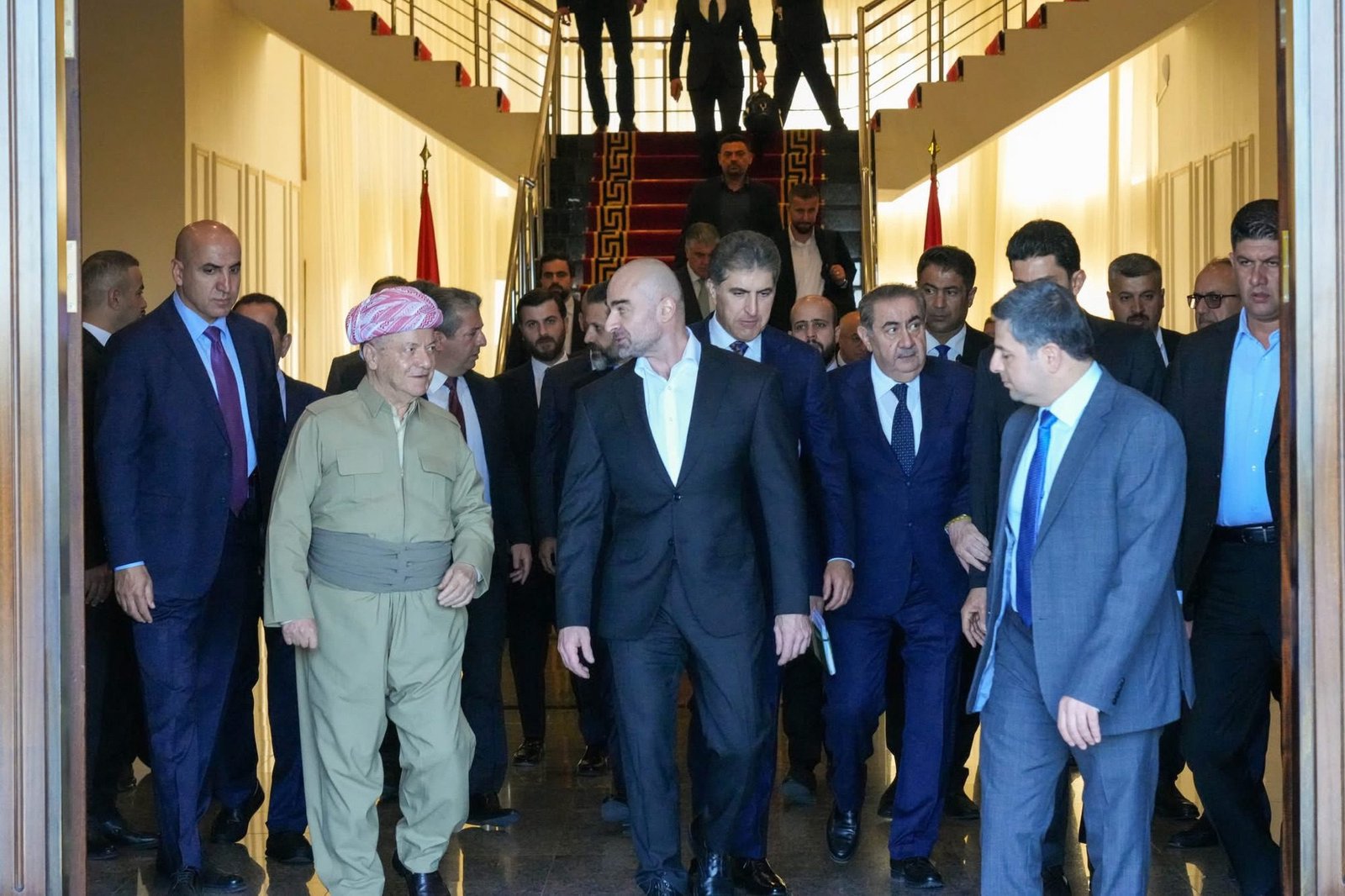Under US Pressure, the KDP and PUK Move to Revive Regional Parliament

The KDP and PUK leaderships have met for the second time in a week to push for a compromise on reactivating the Kurdistan Region’s parliament, which has convened only once since the October 2024 elections. The two dominant parties, each ruling their own half of the Kurdistan Region, remain deadlocked over cabinet formation. The renewed effort comes under heavy US pressure, as Washington seeks to revitalize the region’s institutions amid a growing crisis of legitimacy.
Context: More than 11 months have passed since the regional elections, yet the Kurdistan parliament has met only once, in January, for MPs to be sworn in. Before that, it was inactive for two years, accelerating the erosion of already fragile institutions. The KDP and PUK, which hold 42 and 25 seats respectively out of the region’s 100, have held multiple rounds of talks over cabinet formation but have failed to reach agreement. The PUK has insisted on a more balanced power-sharing arrangement, particularly in the security sphere, demanding influence over the interior ministry and the Kurdistan Security Council, institutions long dominated by the KDP.
Analysis: Against the backdrop of sweeping regional changes—including the return of snapback sanctions on Iran and a Trump-pushed Gaza deal—the US has intensified pressure on the KRG. This pressure has already produced the recent breakthrough on oil exports and is now focused on reactivating parliament. While parliament is expected to resume in October with the election of a temporary speakership team, it remains uncertain whether this will pave the way for cabinet formation. The core disputes—control of the interior ministry and the Kurdistan Security Council—remain unresolved. The PUK argues that with both the prime minister and the presidency held by the KDP, other key levers of governance should be shared.
Despite years of strained relations, the KDP and PUK have been nudged closer under US mediation. After refusing to treat Bafel Talabani as an equal counterpart for years, Masoud Barzani shifted course and met with him in mid-July, followed by another high-level meeting just three days ago. Today, expanded delegations from both sides—including Nechirvan and Masrour Barzani for the KDP, and Qubad Talabani for the PUK—met again. Reports suggest they reached only a narrow agreement to reactivate parliament before the October 20 anniversary of the elections. Once a speaker is elected, the two parties will have 60 days to form a cabinet.
Both sides appear inclined to delay final decisions until after Iraq’s November 11 elections, hoping to negotiate KRG and Baghdad posts as part of a broader package. Yet given how slowly government posts are decided in Iraq, this timeline looks ambitious. At the same time, reactivating parliament could create new challenges for Masrour Barzani’s caretaker cabinet: with the PUK and opposition parties together holding more than half the seats, parliament could become a platform for electioneering ahead of the Iraqi polls.









